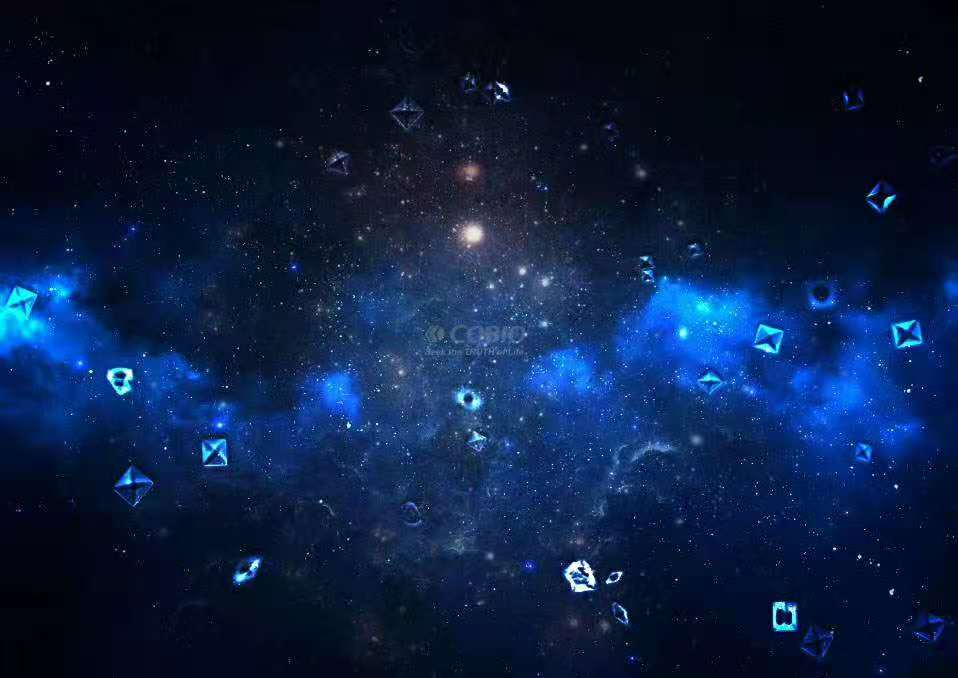NEWS DETAIL
Seek the TRUTH of Life
Diagnostic Value of Urine microscopy in Acute Kidney Injury (AKI) with Covid 19
Acute kidney injury (AKI), also known as acute renal failure (ARF), is a sudden episode of kidney failure or kidney damage that happens within a few hours or a few days. AKI causes a build-up of waste products in your blood and makes it hard for your kidneys to keep the right balance of fluid in your body. Acute kidney failure is most common in people who are already hospitalized, particularly in critically ill people who need intensive care.
Acute kidney injury has three main causes: A sudden, serious drop in blood flow to the kidneys. Heavy blood loss, an injury, or a bad infection called sepsis can reduce blood flow to the kidneys. Not enough fluid in the body (dehydration) also can harm the kidneys.
Now in the midst of Covid 19 as published in Journal Of American Society Of Nephrology JASN (https://doi.org/10.1681/ASN.2020050615),early reports have indicated that AKI and other kidney abnormalities are associated with coronavirus disease 2019 (COVID-19) AKI is common among patients with COVID-19 and is associated with higher mortality than in patients without AKI.
Evaluation should determine the presence and type of AKI and seek a cause. Blood tests generally include complete blood count (CBC), BUN, creatinine, and electrolytes (including calcium and phosphate). Urine tests include sodium, urea, protein, GFR, and creatinine concentration; and microscopic analysis of sediment.
In another journal from Clinical Journal Of the American Society of Nephrology CJASN ( https://doi.org/10.2215/CJN.02860608) it was concluded that Urine sediment examination is a valuable diagnostic tool for confirming the diagnosis of AKI. Urine sediment analysis is the strong predictor for AKI.
Urinary microscopy in patients with AKI classically is described as containing renal tubular epithelial cells (RTEC), RTEC casts, granular casts, and muddy brown or mixed cellular casts, whereas sediment in patients with prerenal AKI usually demonstrates occasional hyaline or fine granular casts. Because urine microscopy is readily available, rapid, and inexpensive, valuable information that will improve the diagnosis of AKI especially amongst hospitalized Covid 19 patients.
COBIO offers automated process in urine sediment analysis via state of the art microscopy imaging technique.
